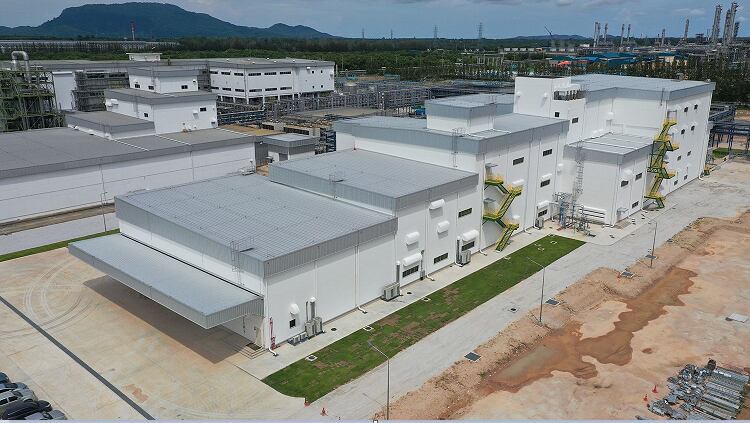The production plant, located at the Rayong Province, Thailand, started operating in November and is able to produce 300 metric tonnes of HMOs per year.
It will focus on producing three HMOs, namely 2’-fucosyllactose (2’FL), 3’-sialyllactose (3’-SL), and 6’-sialyllactose (6’-SL).
Over 200 types of HMOs have been identified in mother’s milk. Some of them, such as 2’FL, are commonly used in infant formula as prebiotics and various benefits.
With the facility, Kirin aims to cater to the powdered milk market in Asia, Europe, and the US.
China, however, is expected to occupy half of the total HMOs market share for powdered milk.
At the moment, the Chinese authorities have not yet approved the use of HMOs in infant formula but is in the midst of evaluating the feasibility of doing so.
In October, both 2’-FL and Lacto-N-neotetraose (LNnT)of E. coli origin had passed the technical review of China National Center for Food Safety Risk Assessment (CFSA) Expert Review Committee.
The company is currently also applying for the approval of 3’-SL and 6’-SL with the China authorities.
Outside of China, GRAS (Generally Recognised as Safe) applications for the three HMOs have been filed with the US FDA and application as a Novel Food and been filed with the European Food Safety Authority (EFSA).
Kirin has also started regulatory compliance procedures in other Asian countries, including Vietnam, Thailand, Indonesia, Singapore, Malaysia, Philippines, Australia, New Zealand, and India.
“We expect that the main markets will be for powdered milk in Asia, Europe and the United States.
“In terms of increased demand in China, we expect that demand will begin to grow rapidly from around 2024, when Chinese regulations will allow the production of powdered milk using HMOs.
“It is anticipated that half of the total HMOs market will be for powdered milk in China in the future,” Hiroshi Nagano, president of Thai Kyowa Biotechnologies Co. Ltd said in response to NutraIngredients-Asia’s queries.
Thai Kyowa Biotechnologies is a subsidiary manufacturer of Kyowa Hakko Bio Co. Ltd, a core company in the health science business of the Kirin Group.
The company hopes to establish itself as a central HMO supplier in Asia.
“We expect that sales will begin in Asia, centered on China and throughout the region through 2030, and that demand for HMOs will expand significantly.
“Therefore, we intend to expand our sales as a central HMOs supplier in Asia in line with this growing demand,” Nagano added.
On the other hand, since HMOs are not yet approved for use in infant formulas in Japan, Kirin would therefore be focusing on supplying HMOs to other infant formula brands instead of using in its products.
Research pipeline
At the moment, Kirin is conducting two research on HMOs.
The first is to find out ways to reduce the cost of the fermentation process where HMOs are produced.
The second is to find out the mechanism of action of HMOs in the body.
In fact, the company had started its HMOs research over 20 years ago, when it successfully developed the technology to mass produce HMOs, but it was only in recent years when HMOs started to gain more traction in the industry.
Aside from infant formula, there is also potential for HMOs’ use in adult nutrition.
“Although the main use of HMOs is currently as an additive to infant formula, there are also expectations for health functions for adults, mainly in synbiotic applications.
“Therefore, it was expected that the potential for use in functional foods and supplements would be expanded in the future,” Nagano said.
He added that although the market for adult HMO nutrition was expected to grow significantly by 2030 as research on its health functions progressed.
“Based on the market expansion we described above and Kyowa Hakko Bio’s proprietary technology, we decided to enter the HMOs raw materials business because HMOs are expected to grow into a product line that will become a mainstay of our business, following amino acids,” he said.



